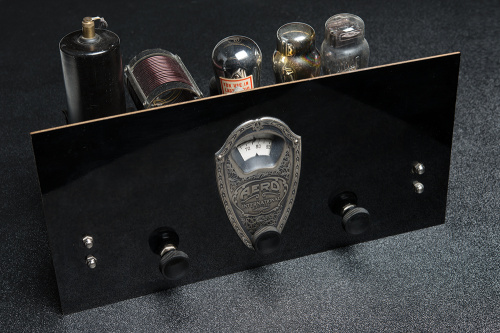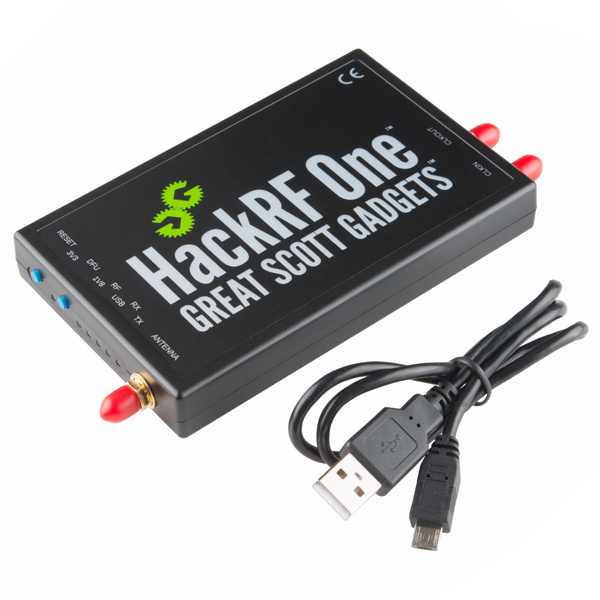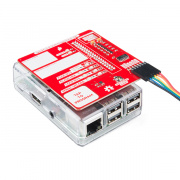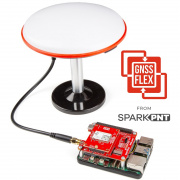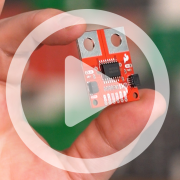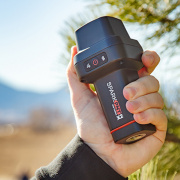All About Ham Radio
An introduction to the world of amateur radio.
Everyone has heard of ham radio, but do you actually know what it is? Recently, the idea of amateur radio caught my attention, and I decided to look into it a bit and see what it's all about. The short answer is that from the creation of the first radio wave, people have been playing with and modifying radio waves to send information. Whether it's an FM music station, AM talk radio, police and fire radios or your WiFi connection, radio waves are all around you.
Q: What is the purpose of amateur radio?
A: Other than talking to and meeting new people and learning new technologies? While I rarely do this I'm going to quote federal regulations. FCC Part 97 is the federal regulation that defines amateur radio. Basically, it includes making friends around the world, learning, and helping others.
a) Recognition and enhancement of the value of the amateur service to the public as a voluntary noncommercial communication service, particularly with respect to providing emergency communications.
b) Continuation and extension of the amateur's proven ability to contribute to the advancement of the radio art.
c) Encouragement and improvement of the amateur service through rules which provide for advancing skills in both the communication and technical phases of the art.
d) Expansion of the existing reservoir within the amateur radio service of trained operators, technicians, and electronics experts.
e) Continuation and extension of the amateur's unique ability to enhance international goodwill.
Q: How does amateur radio help others?
A: Whenever disasters hit, communication becomes a big issue. With power down and cell towers not working (or overwhelmed), amateur radio operators will step in to help coordinate disaster relief. Ares and RACES are two organizations that work together to provide vital communication during these times. If you are looking for a way to help during disasters (think hurricanes, not zombies), consider getting your license and working with one or both of these organizations.
Q: What does the FCC do?
A: If everyone was allowed to transmit on any frequency they wanted at any time and at any power, we would quickly run into problems. The FCC has broken the radio spectrum into bands and allocated different frequency bands for different usages. While the FCC determines what frequencies can be used for what purpose, the amateur radio community, for the most part, self polices protocol and etiquette within those bands. Here is a quick visual summary of the different bands and which licenses are required to use each band.

Q: Why do I need to get licensed, and what is the process?
A: The license procedure is fairly straight forward, and mostly makes sure you know what you are doing before you are allowed to transmit on the air (you do not need a license to listen). Your license is also what gives you your call sign so you can identify yourself over the air.
There are currently three different licenses available. The Technician license is the most basic license and also the most popular. This gets you on the air on some of the most popular frequencies, mostly in the UHF and VHF range. The General license allows you access to most of the HF frequencies as well, and the Amateur Extra license allows you to transmit on any amateur frequency. Each license requires you to pass a test (as well as having passed all the previous tests). The entire pool of test questions is publicly available, so there shouldn't be any surprises when taking your test. Various organizations administer the test on a regular basis all over the country. You usually have a $10-$15 fee for the test (you can take all three levels at once for that price). They then submit your results to the FCC, and you get your license in a couple of weeks.
Q: What about Morse Code? I really don't want to learn Morse Code.
A: Morse Code is no longer required for any of the licenses, so you are in luck. Many radio operators still enjoy using Morse, so you may still come across it, but it is not necessary. While I don't know Morse Code (yet) I am working to hide it in random places, like blog posts.

Q: What does SparkFun do with amateur radio?
A: We actually have quite a few hams around here. There are about 800,000 amateur radio operators in the U.S. (about 0.2 percent of the population), but here at SparkFun we have at least eight hams, with another few who are looking to get licensed. We also carry a few different ham radio products, such as the Hack RF, the bladeRF x40 and the HX1 APRS Transmitter, and many of our other RF products operate in amateur frequencies (not to mention that amateur radio has always been about tinkering and building things – something we are pretty good at).
What other radio stuff would you like to see? Tell us in the comment section... (.._. .)
